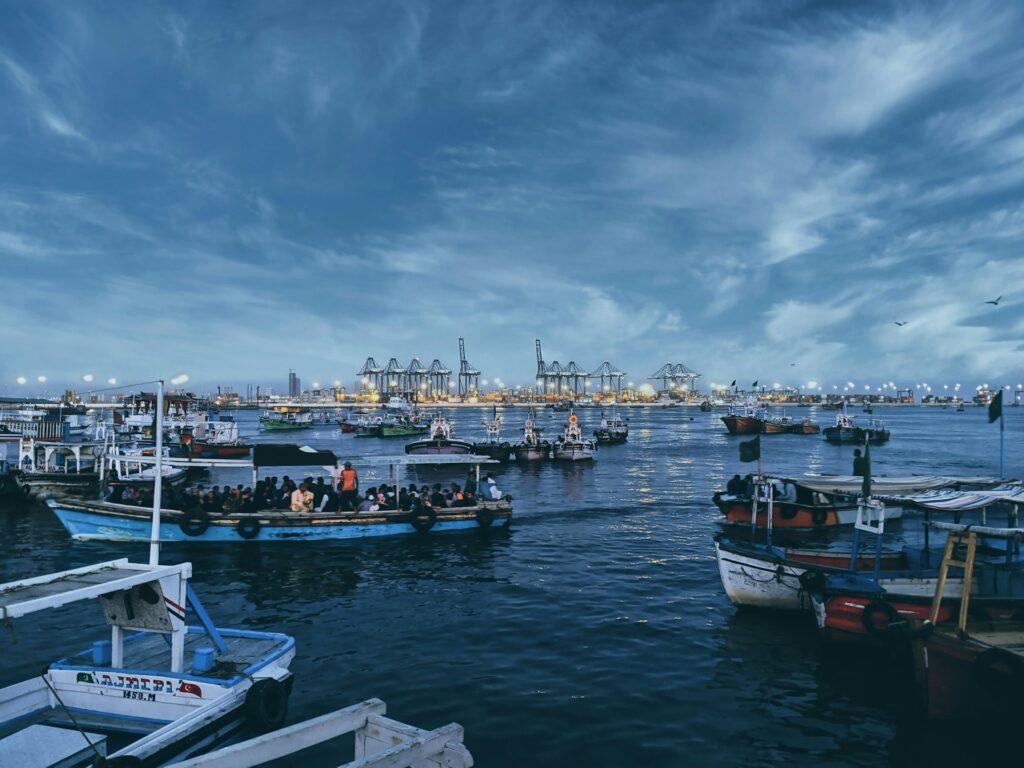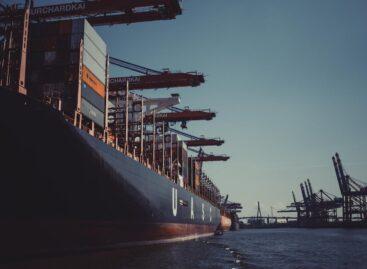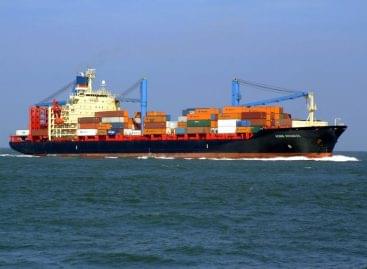Manufacturers and traders are forced to pay the price of the Red Sea crisis
The world market situation poses challenges to large American and European manufacturing and trading companies that are difficult to find answers to. The focus is on the Red Sea crisis, where Houthi rebels in Yemen are attacking merchant ships. This situation causes a significant increase in costs for companies, while world market processes do not allow price increases, because inflation was already very high.

The Red Sea crisis is straining global supply chains, especially those that pass through the Suez Canal. 12 percent of world trade passes through this area in times of peace, but due to attacks by Yemeni rebels and the resulting insecurities, this process is now seriously threatened. Shipping the goods around Africa adds 10-12 days and costs an extra million dollars in fuel per ship. In addition, air transport is not an alternative, as it is 10-12 times more expensive than sea transport, reports Bloomberg.
The economic effects behind the numbers are serious. A significant part of the trillions of dollars in annual world trade is at risk, and companies face outstanding challenges. All of this affects the customers as well, since the cost increase cannot simply be passed on to them.
High inflation after COVID-19 and a drop in consumption further complicates the situation. It is difficult for companies to implement price increases due to limited consumer demand. At the same time, the conditions created as a result of the epidemic create an opportunity for trading companies to develop their supply chain, which is now crucial.
According to the news agency Reuters, the German Intersport is trying to deal with the situation by increasing its stocks, while not raising its prices. This suggests that companies need to strategically approach their supply chain and inventory in order to effectively respond to these challenges.
Related news
The food industry is also desperate because of the houti issue
In recent years, there has been increasing tension in the…
Read more >Container ships are already congested in front of German ports
For the first time since the start of the coronavirus…
Read more >
The IfW Institute for Economic Research predicts a decline in world trade turnover
A significant decline in world trade is forecast by a…
Read more >Related news
BH AgrárTrend Index: the outlook for the Hungarian food industry has stabilized
The assessment of the situation of the actors of the…
Read more >GVH: The postponement of certain amendments to the Competition Act is justified
The Economic Competition Authority (GVH) agrees with the postponement of…
Read more >We can drink from these RevoCups this year
More than 400 works were submitted to the VÍZió graphics…
Read more >






